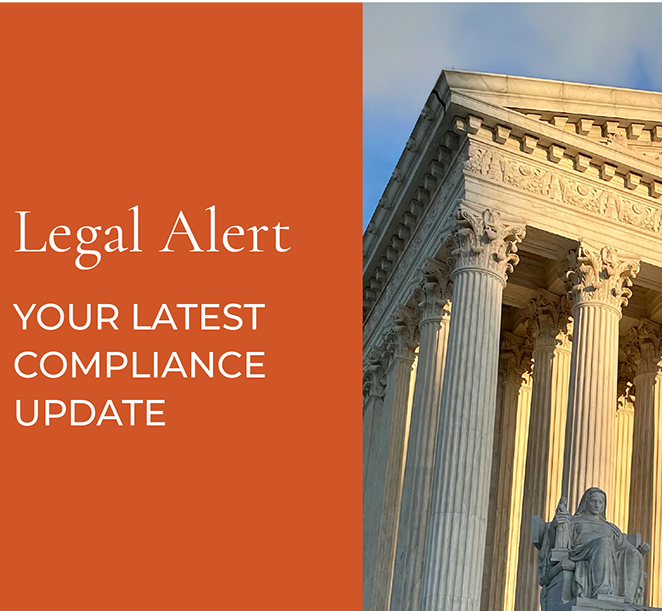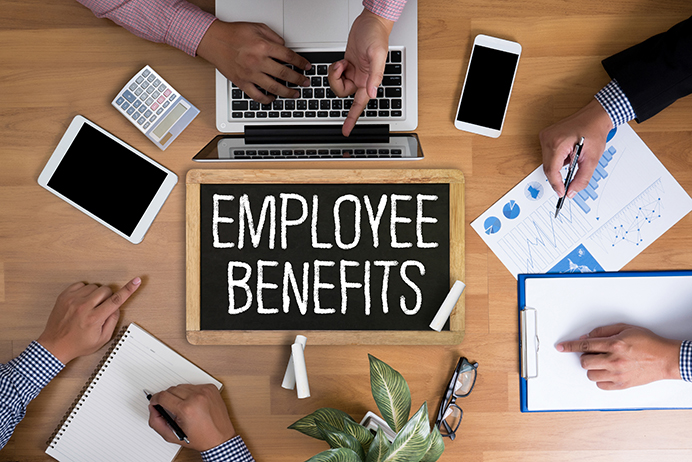How to choose the right HRIS / payroll vendor
It’s an interesting time to be a player in the burgeoning HR tech ecosystem. Every day, it seems like another company pops up with a new game-changing feature. For HR and People teams trying to identify the best vendor to meet their needs, it’s important to dive into the nuts and bolts and understand the strengths and weaknesses of each system. As you evaluate various HRIS/payroll vendors, it’s important to:
- Assess your current use cases and workflows,
- Anticipate your needs over the next 6-12 months, and
- Ensure the solution can handle your needs as you scale.
The solution should align with your internal teams and processes (not the other way around).
First, assess each vendor against your criteria:
- Do you have PT employees?
- Do you have International employees?
- Do you offer Health or Flex savings accounts?
- Do you offer Commuter Benefits?
- Do you have employees in multiple states?
- Do you offer a 401k?
- Do you have an existing benefits platform?
- What is the implementation overhead?
Assess based on future needs, not just where you are now.
Depending on the size of your company you will have different use cases that need to be satisfied. Make sure you anticipate use cases 6-12 months out to ensure the choices you make now will still be the right fit a year from now. And keep in mind that many of these systems can take time to assess, implement, and fully launch. As a rule of thumb: the larger the company the more sophisticated use cases you will have and the greater the need to start your due diligence earlier.
The HR Tech Ecosystem
The table below provides a high-level overview of the landscape, and the various criteria we have assessed based off of each vendor’s ability to fulfill the use cases we outlined.
"All in One" pros and cons
We mentioned some of the tradeoffs of an All in One setup in a prior blog post. If you are thinking about tying your broker/benefits consulting to an ‘All in One’ platform, it is critical to understand the tradeoffs.
Pros
- Consolidated system
- Single point of billing
- Single point of contact
Cons
- Struggle to handle more sophisticated use cases
- No singular focus on benefits-as-a-service
- No tie-ins to HSA/FSA/Commuter/401k vendors
- Diffuse employee support on benefits
Depending on the types of benefits you offer and the sophistication of your benefits package, you may not want to tie an ‘All in One’ system to your broker/benefits advisor. You lose vital consulting, renewals advocacy, and critical employee communication and support where it matters the most. It’s one thing to have a software bug that disrupts a feature - it’s another to have an employee issue with their health insurance or coverage that keeps them from accessing their healthcare providers or prescriptions. Having a dedicated expert to help resolve these types of issues is mission critical and goes to the heart of why companies with great software experiences like Zenefits still suffer from extremely low employee NPS scores. Further, many ‘All in One’ systems break down as you scale up and teams want to tie more and more use cases or features into a single platform. HSA/FSA/Commuter/401k vendors typically do not tie directly into ‘All in One’ vendors. When they do, it's with the largest vendors like Workday with custom integrations, or they tie-in on the front end while still having silo’ed file feeds on the back end.
Best Practices
As you evaluate various HRIS/Payroll vendors, start with the basic question of what your current use cases and workflows are. Many of the 2.0 systems in the marketplace may be under-engineered for your team's needs as you scale. It’s more important that a vendor handles the existing workflow of your internal teams than to configure your teams around a vendor that may not scale with you as you grow.
Get a vendor-agnostic consultation
As an agnostic ecosystem player, we work with any HRIS/payroll vendor. Lumity's platform and consultants focus solely on making benefits better for you and your employees. If you have any questions on HRIS/payroll systems, we'd be happy to provide a free consultation with one of our benefits experts.






